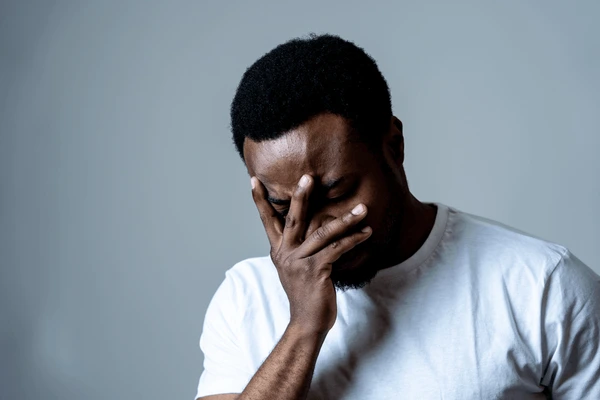By Phil Dooley
My first encounter with real, emotional pain was on the day my dad called me and my brothers together to tell us our mum was going to a private mental health hospital in Sydney to get better. Very simply put, Mum battled with feelings of depression.
As a teenage boy, I struggled to make sense of the situation, and yet I experienced all the pain associated with it, and I didn’t know who to talk to about it, or how to make the pain stop. Mum tried everything to get well – medical, psychological, and spiritual help. Mum and Dad were faithful followers of Jesus. People prayed for Mum, and she still didn’t get better. My dad did all he could. As a family, we had to live with the pain of Mum’s situation and the effect it had on all of us.
The pain still lingers for me, which brings me to my first point:
1. Some pain never goes away completely, but it doesn’t have to control us either
The Apostle Paul had a source of pain, which he describes as a thorn in his flesh (in 2 Corinthians 12:7). We don’t know what it was, but Paul writes about the experience in 2 Corinthians 12:8–9 (TPT): ‘Three times I pleaded with the Lord to relieve me of this. But He answered me, “My grace is always more than enough for you, and My power finds its full expression through your weakness.”’ Paul’s pain reminded him to remain close to the Lord, to lean on and rely on Him. The pain of my parents’ story remains with me. With God’s grace, however, I’ve reached a place where it doesn’t control me or my behaviours. In the process, I’ve learnt to lean on and rely on God in a greater way and that’s helped me in other areas of life.
2. What we do with our pain determines the kind of people we become
How we deal with our pain determines our ability to move forwards in life. If we’re not careful, pain can drive us to many unhealthy places and behaviours such as anger or anxiety or addictions to things like alcohol and drugs, or to other avenues of escapism, like overusing social media or bingeing on Netflix. The reality is pain will come out one way or another. What we need are healthy outlets for pain. It’s helped me to talk to people I trust, who don’t judge me, who simply listen, and, by listening, show that they genuinely love me and care for me. I encourage you to find those trustworthy people in your world, or to ask God to bring the right people alongside you. Speaking honestly and vulnerably about pain is a big step towards the ultimate goals of wholeness and wellbeing.
3. Bring your entire burden to Jesus
I don’t think it’s possible for anyone to fully comprehend the depths of another person’s pain. It’s ultimately only in Jesus that we have someone who completely understands everything we go through and carry with us. “No one can measure the depths of His understanding.” (Isaiah 40:28 NLT). And Jesus invites us to come to Him. ‘Are you weary, carrying a heavy burden?’ He asks (in Matthew 11:28 TPT). ‘Then come to me. I will refresh your life …’
I encourage you, go sit with the Lord today and open up to Him, whether you do so in prayer, by journaling or by pouring out your heart in conversation with Him. Don’t put it off any longer. He is waiting for you to come to Him. In fact, let’s do what it says in Hebrews 4:16 (MSG): ‘let’s walk right up to Him and get what He is so ready to give. Take the mercy, accept the help.’
Courtesy of hillsong.com


